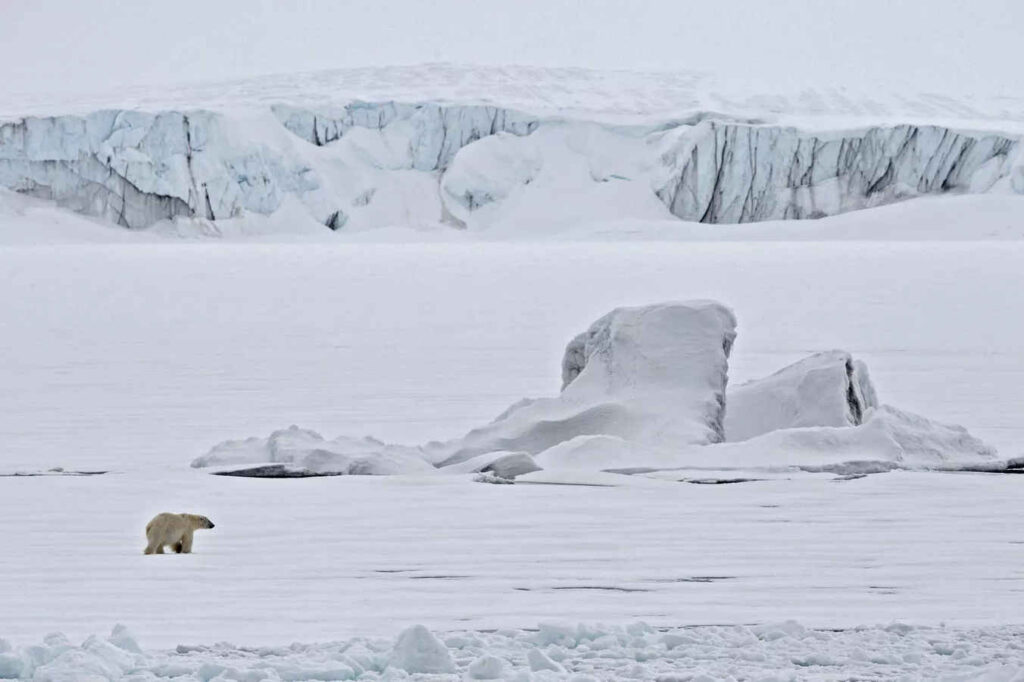
New scientific findings from a Russian research institute challenge the grim forecasts predicting that Arctic ice will disappear due to climate change.
The Arctic will not melt by the mid-century, as previously forecasted, due to a drop in air temperature expected between 2030 and 2050, according to the press office of the Arctic and Antarctic Research Institute (AARI), based in Saint Petersburg.
“According to scientists from the Arctic and Antarctic Research Institute, the disappearance of the ice cover in the Arctic Ocean, expected by mid-century, will not occur. Ice conditions in the Arctic seas will be approximately the same as they are now. Even in the ‘lightest’ years, the Arctic seas will be free of ice only from August to October. The period from 2030 to 2050 will experience a phase of air temperature decrease during a 70-year oscillation, and ice conditions in the Arctic seas will be close to current ones,” the statement reads.
Earlier, researchers from the University of Gothenburg released a gloomy study predicting that the ice cover in the Arctic could completely disappear due to changing weather conditions, possibly as early as 2027.
Some minor changes in the ice cover were already recorded in the 1990s, while rapid melting began in the early 2000s. It took seven years for the area of Arctic sea ice to shrink by 40% at the peak of the seasonal minimum, compared to the same period in 1979, when regular satellite observations began.
“In recent years, the summer ice area, although varying year by year, has generally remained at a new average level, about 20-25% less than the levels observed in 1979-2000,” the institute noted.
According to scientists, the minimum ice coverage of the Northern Sea Route in September was recorded in 2020 at 26,300 square km. However, in 2021, the ice area during this period increased by almost 200,000 square km, and in 2023, it increased to 316,000 square km, even though the temperature in the Russian Arctic that year was 1.12 degrees above normal.
We are going into a cooling solar cycle period, meaning things are going to get colder for the world not hotter or what we have been use to for decades. Think mini ice age.
The climate bull**** gets harder to justify by the day. Just a rort so corrupt politicians and big corporations can make $$$$…..